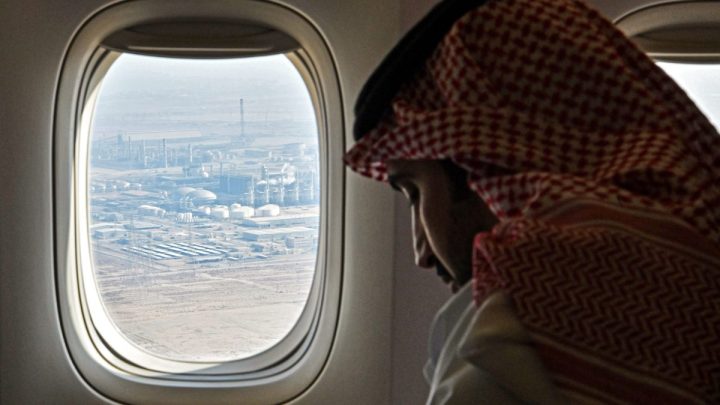
Saudis are trying to prop up oil prices by lashing out at short sellers
Saudis are trying to prop up oil prices by lashing out at short sellers

It’s been almost exactly one year since the price of oil was at its highest point in a decade, thanks to Russia’s invasion of Ukraine. It’s been coming down since then, so the Saudis and their allies have cut supply in an effort to prop it up. But now they’re complaining that market speculators are undercutting that effort.
Saudi Arabia is the de facto leader of OPEC+, which prides itself on being something like the world’s central bank of oil.
“This kind of, you know, fundamental arbiter and influencer of the market,” said Rory Johnston, Commodity Context founder and analyst.
The cartel has that power because it controls a good chunk of the world’s supply of oil, Johnston said. Last month, it pulled that lever with a surprise supply cut that sent oil prices higher.
“The challenge has been — for Saudi Arabia and for the rest of OPEC — the price gains have not been that durable,” he said.
Saudi Arabia’s energy minister blames market speculators for that. That’s why he’s telling those who are shorting oil — betting the price will fall — to “watch out.”
“He wants to punish them. He wants to scare the oil shorts into not shorting oil,” Johnston said.
“It’s kind of like, ‘I’m gonna send you to your room,’” said Tracy Shuchart, CEO of Hilltower Resource Advisors.
The Saudis first lashed out at speculators about a year and a half ago, she said. Their protests are growing louder now that the U.S. is producing less shale oil, she added, partly because the lower price of oil has made extracting it from shale less profitable.
“OPEC isn’t not afraid of shale anymore,” Shuchart said. “We’re not going to see U.S. shale be at the forefront of production like they used to be.”
The endgame for Saudi Arabia and the rest of OPEC? Simple: Get oil prices to move higher and stay there, said Craig Erlam, senior market analyst at OANDA.
“They’re trying to talk the price in the right direction to enable them not to have to follow up with action,” namely, cutting oil production, he said. “They would rather not cut production, but if backed into a corner, they will.”
Ahead of the OPEC+ meeting next month, the message to speculators seems to be: “Get out of the way. We’re in the driver’s seat.”
There’s a lot happening in the world. Through it all, Marketplace is here for you.
You rely on Marketplace to break down the world’s events and tell you how it affects you in a fact-based, approachable way. We rely on your financial support to keep making that possible.
Your donation today powers the independent journalism that you rely on. For just $5/month, you can help sustain Marketplace so we can keep reporting on the things that matter to you.











